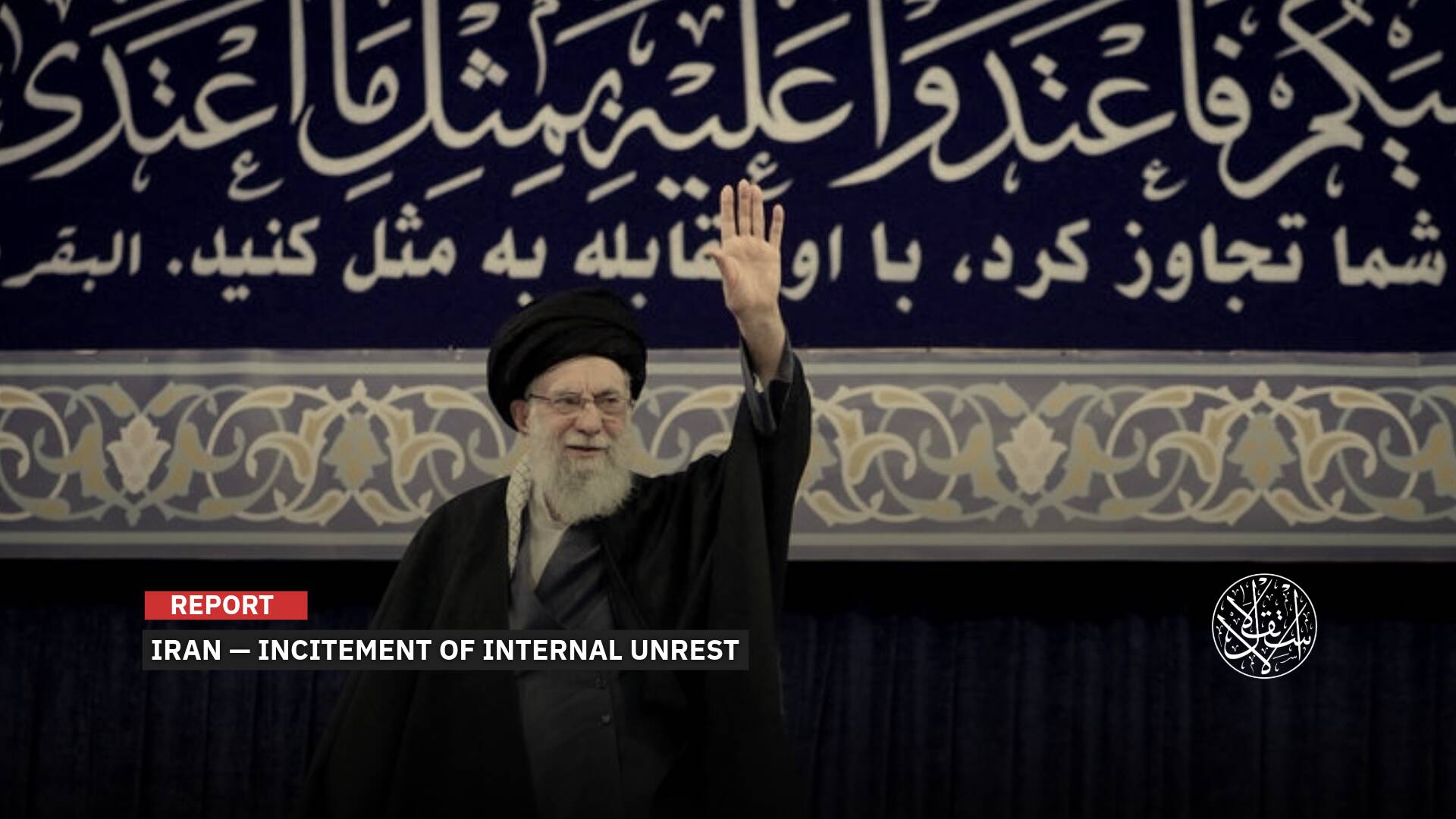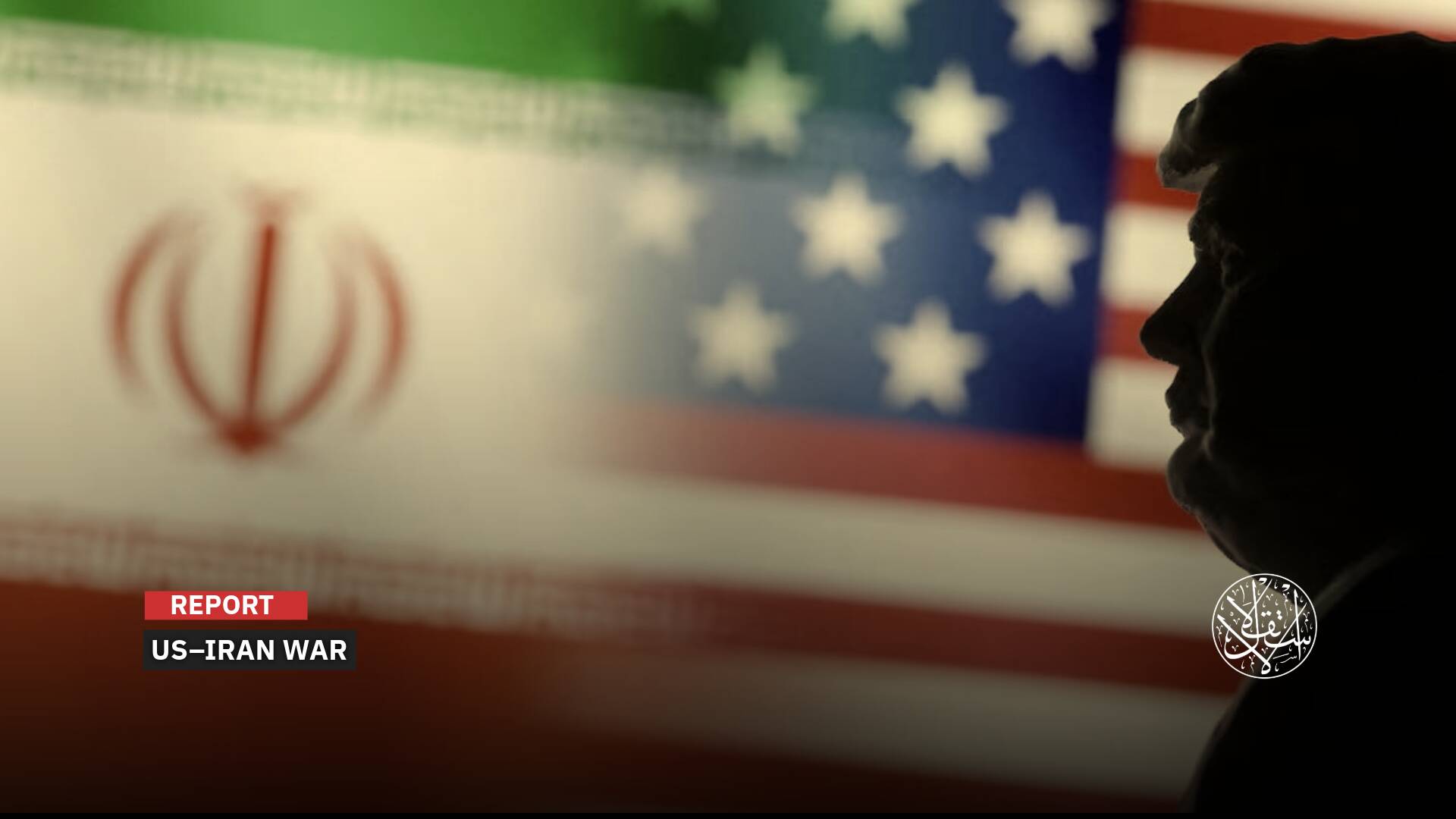U.S. Presidents Bypass the Constitution and Congress: Who Really Decides to Go to War?

The last time Congress officially declared war was in June 1942.
Although the U.S. Constitution grants Congress the power to declare war under Article I, Section 8, American presidents have consistently relied on Article II, Section 2, which gives them authority to launch military strikes as Commander in Chief.
While a time-limited “military strike” differs from a full-scale “war” that may last for years—such as the wars in Iraq (8 years) and Afghanistan (20 years)—U.S. presidents have led wars without congressional approval, using executive authority or citing national security threats.
Just as Republican President George W. Bush bypassed Congress and led wars in Afghanistan and Iraq, President Donald Trump did the same, deciding to go to war with Iran in violation of constitutional limits.
Before Trump pulled the U.S. into the Israeli war on Iran, members of Congress tried to stop him from dragging the country into the war, according to Time Magazine on June 18, 2025.
Despite its constitutional authority to declare war, Congress has not issued an official war declaration since World War II.
The last such declaration came in June 1942, when Congress declared war on Bulgaria, Hungary, and Romania during the Second World War.
Since then, however, the United States has fought several wars—including in Iraq, Afghanistan, and now Iran—without a formal declaration from Congress.

Who Makes the Decision?
The power to go to war is divided between Congress and the President, as outlined in the U.S. Constitution.
While the President serves as “Commander in Chief of the Army and Navy,” only Congress has the authority to decide whether the United States should go to war—whether a full-scale war or limited military action.
However, the President retains inherent defensive powers to use military force without congressional approval if the U.S. is attacked.
Still, for any prolonged war, congressional approval is required. A U.S. President cannot officially declare war on another country without Congress.
That said, presidents can deploy military forces in some situations without a formal declaration of war, as permitted under U.S. laws and the Constitution.
Article I, Section 8 of the Constitution states that Congress has the power to declare war, raise and support armies, and fund them. It makes clear that the President alone cannot declare war.
But Article II, Section 2 allows the President, as Commander in Chief, to authorize limited military actions or defensive responses to protect national security, without a formal declaration of war.
Most presidents have exploited this clause by labeling major operations as “limited,” even when they evolved into prolonged wars—like in Iraq and Afghanistan.
The law also requires that, in the absence of a formal declaration of war, the President must notify Congress within 48 hours of engaging U.S. forces in hostilities.
“Operations” must end within 60 days unless Congress authorizes an extension. But as the National Constitution Center reported on June 18, 2025, most presidents since 1973 have ignored parts—or all—of the War Powers Resolution.
According to the Congressional Research Service, presidents have expanded their interpretation of Commander in Chief powers to justify military action abroad, citing broader legal authorities beyond the War Powers Act.
They’ve also relied on their constitutional powers in foreign affairs under Article II.
Following the Vietnam War, the War Powers Resolution of 1973 was passed to limit the President’s ability to conduct war without congressional oversight.
It allowed the President to deploy forces for up to 60 days (plus a 30-day withdrawal period) without congressional approval, but only in the case of an armed attack on the U.S. or an imminent threat requiring immediate action.
In all cases, the law mandates a duty to inform Congress within 48 hours of using military force.
So, constitutionally, the President cannot declare war without congressional approval. However, limited and time-bound military operations are permitted under executive authority—provided that Congress is notified and time limits are observed, which often doesn't happen.
In practice, Congress holds the exclusive power to declare war, while the President can use force—but continued military engagement requires Congress’s consent.
Nonetheless, the U.S. has waged long wars in Iraq and Afghanistan and has launched strikes on Iran without congressional approval, justifying them as responses to threats.
Each time, these wars were revealed to be decisions made by the President and his inner circle.
Open-Ended Authorizations
Presidents have also relied on congressional authorizations to use military force, which grant them limited authority for specific “military actions.”
President George W. Bush used the 1991 Authorization for Use of Military Force (AUMF) to “liberate” Kuwait in order to attack Iraq, and then again in 2002 to invade Iraq, citing the need to defend U.S. national security against the “Iraqi threat.”
In 2011, President Barack Obama ordered a military intervention in Libya without seeking congressional approval. U.S. forces stayed for nearly eight months, and the Obama administration argued that the intervention did not fall under the War Powers Act.
In 2013, Obama took the unusual step of asking Congress for authorization to intervene in Syria, though he initially claimed he had the constitutional authority to order limited strikes without their consent. Congress delayed action, but the administration still argued that the 2002 AUMF gave them legal cover.
In 2017, Trump ordered missile strikes on Syria following a chemical attack. His supporters, including Mitch McConnell, claimed it was justified under the 2002 AUMF. The Trump administration also cited Article II powers to protect “national security and foreign policy interests.”
In 2020, Trump again relied on the 2002 AUMF to justify the drone strike that killed Iranian Quds Force commander Qassem Soleimani.
Likewise, former President Joe Biden invoked the same 2002 AUMF and Article II powers to justify strikes against Iran-backed armed groups in Iraq, Syria, and Yemen.
These authorizations have faced criticism for effectively giving presidents the power to wage war without Congress, far beyond their original intent.
Due to rising concerns over executive overreach and violations of constitutional limits, there have been repeated—though unsuccessful—attempts from both parties to repeal the 2001 and 2002 AUMFs.
Despite bipartisan criticism of the broad authority these laws grant the executive branch, political division has prevented their repeal.
In 2023, the House of Representatives rejected a proposal to repeal the 2002 AUMF, even though the Senate had passed it with support from then-Senator J.D. Vance—now the sitting Vice President.

A War Without Authorization
Because every U.S. president has violated the Constitution and the War Powers laws—particularly the 2001 and 2002 Authorizations for Use of Military Force—analysts anticipated that Donald Trump would do the same, especially given how he bypassed Congress during his first term.
Trump spoke openly about striking Iran and entering the war alongside “Israel” without mentioning Congress or the legal constraints on presidential war powers. He then acted unilaterally, without seeking congressional authorization or even consultation.
Even when Director of National Intelligence Tulsi Gabbard stated that Iran was not developing a nuclear bomb, Trump dismissed her, saying she was wrong.
A source familiar with the intelligence told ABC News on June 18 that Trump supported launching a military strike on Iran’s Fordow nuclear facility—a strike he ultimately carried out.
Though the strike was brief and the administration reportedly leaked to Iran that it would be a “one-off,” analysts believe Trump is using the same playbook he followed when justifying the drone strike that killed Qassem Soleimani—framing the aggression as “necessary to protect American interests.”
If he chooses to prolong the aggression, Trump may invoke an existing congressional authorization. Still, a long-term war could face serious constitutional and legal challenges without explicit congressional approval.
CNN reported on June 19, 2025, that Trump’s reckless behavior poses a problem, as he makes high-stakes national security decisions “with serious flaws.”
The 9/11 events were the basis for Congress passing the 2001 AUMF, which gave the president authority to use military force against individuals, groups, or nations that harbored terrorists.
The following year, Congress passed another resolution authorizing force against Iraq over alleged weapons of mass destruction—claims later proven false.
Since then, both authorizations have been repeatedly used to justify a wide range of “military actions,” including President Barack Obama’s 2014 campaign against ISIS.
Where Is Congress?
Ahead of Trump’s attack on Iran, lawmakers from both parties moved to curb his authority to wage war.
They argued that the decision to engage in the war with “Israel” against Iran, should not be left to the president alone.
On June 17, Representatives Thomas Massie (R-KY) and Ro Khanna (D-CA) introduced a resolution in the House to prevent Trump from taking “military action” against Iran without congressional approval.
Progressive Representatives Alexandria Ocasio-Cortez (D-NY) and Ilhan Omar (D-MN), along with 12 other Democrats, signed onto the bill, according to Massie’s office.
A day earlier, Senator Tim Kaine (D-VA) introduced a similar resolution in the Senate, citing the 1973 War Powers Resolution as the legal basis for limiting presidential authority.
He called Trump’s move “an offensive war of choice.”
“We’re going to have the briefing this week. We’ll have a vote,” Kaine said on Fox News Sunday. “I know many Republicans will fall in line and say a president can do whatever he wants. But I hope members of the Senate and the House will take their Article I responsibilities seriously.”
Senator Bernie Sanders (I-VT) also introduced a separate bill, co-sponsored by Senators Elizabeth Warren (D-MA) and Chris Van Hollen (D-MD), to block federal funding for “any use of military force in or against Iran” without congressional authorization—except in self-defense.
The 1973 War Powers Resolution, passed over President Richard Nixon’s veto, was designed to ensure Congress had a role in approving U.S. involvement in armed conflicts that didn’t include a formal war declaration.
According to Axios (June 17), Senate leaders have largely avoided giving a clear answer as to whether Trump needs congressional approval for any attack against Iran.
The report added that Congress often hesitates to challenge the Commander in Chief before strikes are launched, though Democrats deeply distrust Trump.
It also noted that a growing faction within the Republican Party—the MAGA wing—is increasingly skeptical of foreign military interventions.
Still, numerous human rights organizations, civil liberties groups, political advocacy groups, and religious leaders have sent letters to both Trump and Congress, insisting that any decision to go to war must receive congressional approval, in line with the Constitution.

Constitution Violated
By ignoring the Constitution and the law, and ordering strikes on nuclear sites inside Iran, Trump sparked a political storm in Congress, with direct accusations that he “violated the Constitution” and overstepped his authority by using military force without legislative authorization.
Prominent Democratic lawmakers said Trump’s decision violates the constitutional article that grants Congress the exclusive right to declare war.
They stressed that the president took a dangerous step without consulting the legislature, providing clear justification, or presenting a strategic plan for the aftermath of the strike.
Senate Minority Leader Chuck Schumer (D-N.Y) responded by endorsing Kaine's resolution.
“No president should be allowed to unilaterally march this nation into something as consequential as war with erratic threats and no strategy,” Schumer said in a statement. “We must enforce the War Powers Act, and I’m urging Leader Thune to put it on the Senate floor immediately. I am voting for it and implore all Senators on both sides of the aisle to vote for it.”
Representative Nancy Pelosi said Trump ignored the Constitution by unilaterally involving the U.S. military without Congress’s permission and demanded answers regarding “an operation” that puts Americans at risk and destabilizes the region.
Senator Bernie Sanders (I-VT) slammed Trump’s attack as “grossly unconstitutional.”
“The only entity that can take this country to war is the U.S. Congress. The president does not have the right,” Sanders told the crowd during a speech in Tulsa, Oklahoma, as chants of “No more war!” broke out.
House Minority Leader Hakeem Jeffries (D-N.Y.) said Trump “failed to seek congressional authorization for the use of military force and risks American entanglement in a potentially disastrous war in the Middle East.” But he stopped short of labeling the attack illegal or unconstitutional.
Senator Jeanne Shaheen, a Democrat, said Trump misled the country about his intentions and failed to seek congressional approval for the use of force. She noted he promised peace in the Middle East but failed to deliver.
Although some Republican lawmakers quickly supported Trump’s attack, calling it “necessary to prevent Iran from acquiring nuclear weapons,” concerns remained among party members worried about the lack of a comprehensive “post-strike plan.”
Sources
- Some lawmakers in both parties question the legality of Trump's Iran strikes
- Lawmakers Seek to Limit Trump From Dragging U.S. Into Israel-Iran War
- Does the president need Congress to approve military actions in Iran?
- Trump’s Strike On Iran Draws Criticism From Democrats—World Leaders Call For De-escalation
- Trump’s riffing ahead of a wrenching national security decision has serious drawbacks
- Congress dodges preemptive confrontation with Trump over Iran
- ACLU Reminds President Trump That Only Congress Can Decide Whether to Use Force Against Iran










